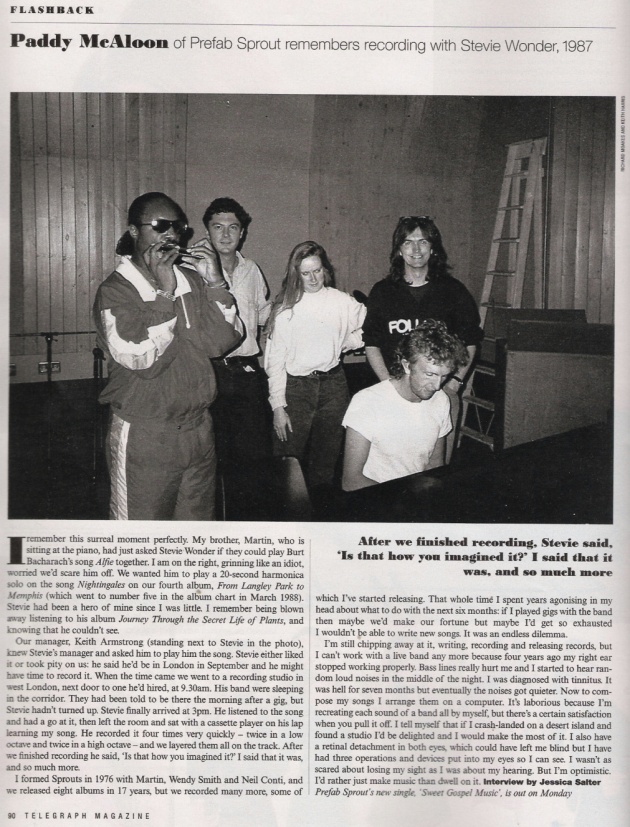 Recently, I was pleased and very surprised to hear a youngish (30s?) sales assistant playing Zappa’s Apostrophe while guarding the till at a local charity bookshop.
Recently, I was pleased and very surprised to hear a youngish (30s?) sales assistant playing Zappa’s Apostrophe while guarding the till at a local charity bookshop.
A quick and enjoyable conversation led us to agree that of all the major music figures who emerged during the ’60s and ’70s, FZ may be the least respected/understood these days.
You’ll seldom see a major piece about him in the heritage rock magazines (and the family estate keep a close eye on such, as I discovered when writing this piece), but if you do, it’ll probably focus on the ‘golden’ era – i.e. the late 1960s.
Many were turned off by Zappa’s unapologetic, un-PC lyrical stance as the ’70s turned into the ’80s. But his musical intelligence is beyond question and pretty much unprecedented in the ‘rock’ era. Frank kicked off the decade with the release of the stand-alone ‘I Don’t Wanna Get Drafted’ single, recorded on 16th and 17t February 1980 at Ocean Way studios in Los Angeles and released 40 years ago this month. A satirical comment on the draft policy of the Carter administration, it was the first product issued on his own Barking Pumpkin label – and reached #3 in the Swedish singles chart!
The single kicked off an incredibly busy decade for FZ. Two major albums – Francesco Zappa and Thing-Fish – were even released on the same day in 1984. Then there were the two albums of guitar solos (one triple and one double), three major orchestral works and hundreds of instrumental pieces for the Synclavier. Not forgetting many other studio/live albums, compilations, and two books, ‘Them Or Us’ and ‘The Real Frank Zappa Book’, though both contained some previously-published material.
In the live arena, Zappa embarked on major tours in 1980, 1981, 1982, 1984 and 1988. Now that he, Miles Davis and Joe Zawinul are gone, it’s hard to imagine that any other major artist will ever again play such virtuosic, challenging music in front of large crowds, whilst also blooding young musicians in the process. Author Ben Watson memorably described FZ’s final 1988 tour as ‘the wildest and most speculative music…heard in rock arenas since the days of Cream, Hendrix and the Mothers Of Invention’.
One of the only pleasures of lockdown has been discovering some ’80s FZ works I hadn’t heard (Francesco Zappa, London Symphony Orchestra Vols. 1 and 2) via Charles Ulrich’s excellent book ‘The Big Note’. What struck me again is the lack of sentimentality in his music (off the top of my head, only three ’80s tracks feature those major-seventh chords: ‘I Don’t Wanna Get Drafted’, ‘Jumbo Go Away’ and ‘Jesus Thinks You’re A Jerk’), something else that seems to drive ‘rock’ critics crazy.
It ain’t all good, but the best of Zappa’s ’80s output is absolutely superb, and it really pays to have a root around in his discography. I’ve tried to separate the wheat from the chaff here. There’ll never be anyone like FZ again.

 One of the few positives of this lockdown may be investigating your local area more than usual, courtesy of the ‘permitted’ (approved by UK government) daily walks.
One of the few positives of this lockdown may be investigating your local area more than usual, courtesy of the ‘permitted’ (approved by UK government) daily walks.
 Prefab Sprout’s 1988 album From Langley Park To Memphis was their pop breakthrough, reaching #5 in the UK charts, and is probably most casual fans’ favourite.
Prefab Sprout’s 1988 album From Langley Park To Memphis was their pop breakthrough, reaching #5 in the UK charts, and is probably most casual fans’ favourite.

 Lou’s gallows humour has been giving me a lift recently, a tonic for these troubled times.
Lou’s gallows humour has been giving me a lift recently, a tonic for these troubled times.